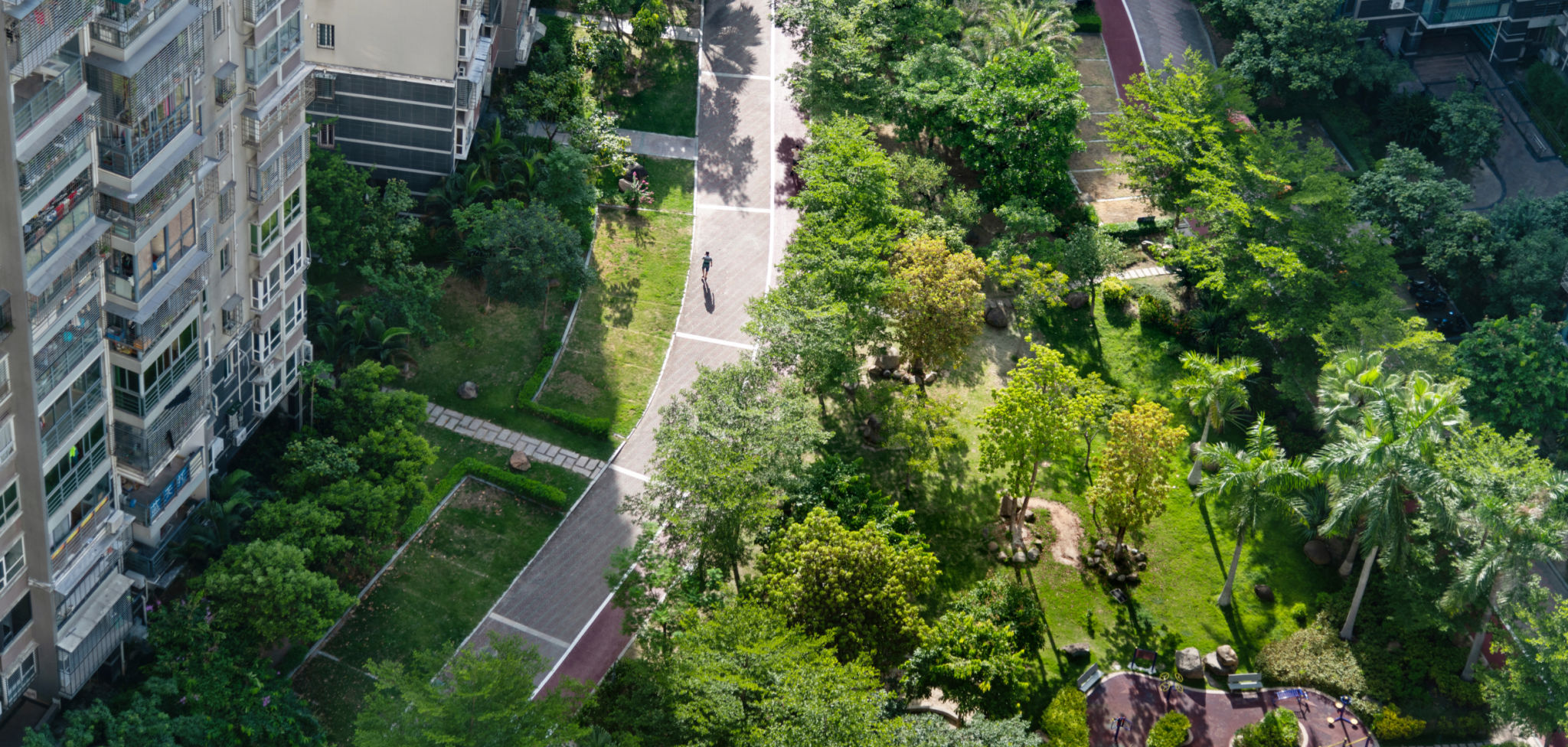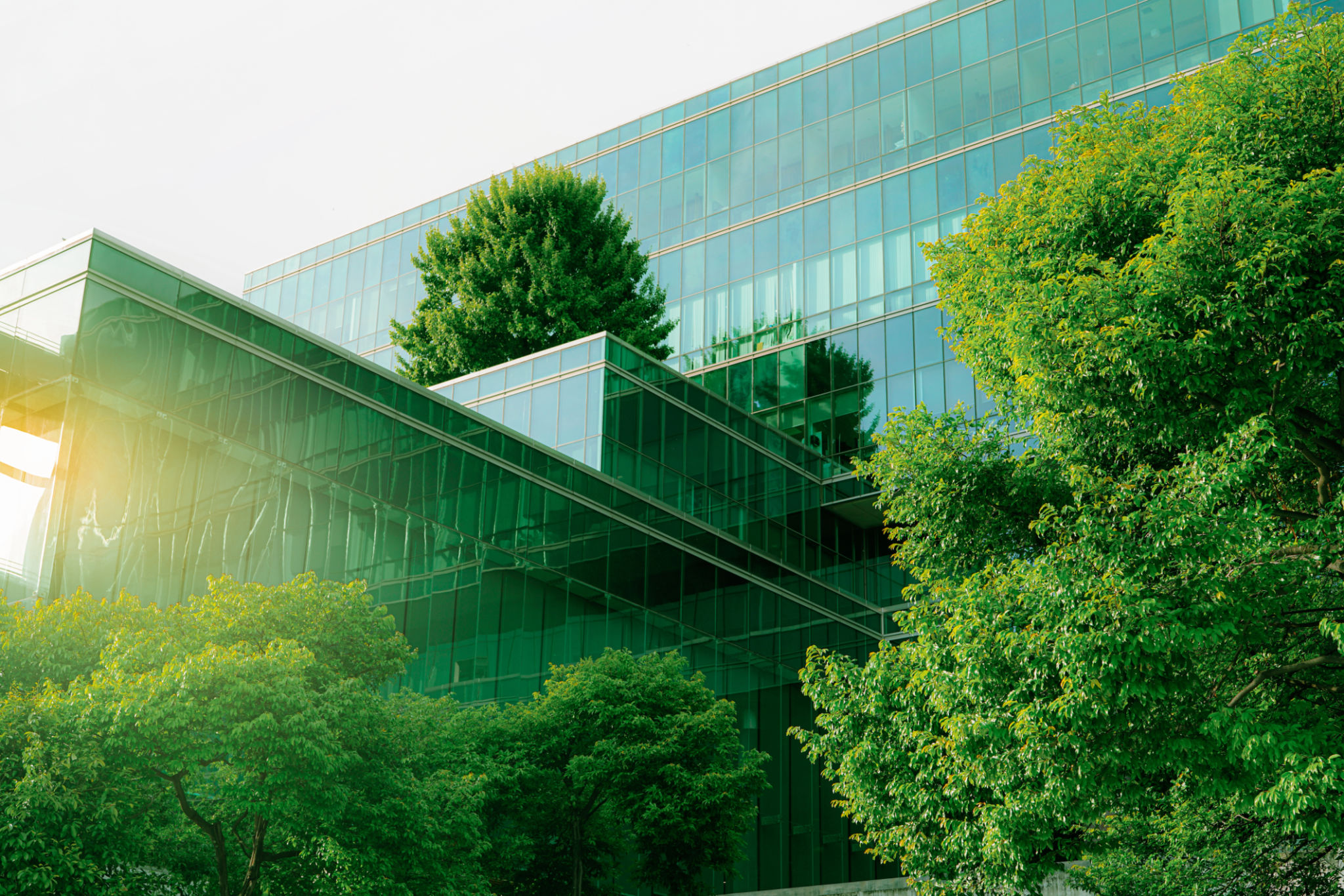The Future of Real Estate: Trends in Sustainable Investments
SE
Embracing Sustainability in Real Estate
As the world grapples with climate change and environmental degradation, the real estate sector is increasingly shifting towards sustainable investments. This shift is not just a trend but a necessary evolution. Investors, developers, and homeowners are all recognizing the importance of building a more sustainable future.
Incorporating eco-friendly practices into real estate is becoming a priority. From energy-efficient buildings to green spaces, the industry is moving towards reducing carbon footprints and promoting environmental responsibility.

The Rise of Green Building Certifications
One of the significant trends in sustainable real estate is the rise of green building certifications. Certifications such as LEED (Leadership in Energy and Environmental Design) and BREEAM (Building Research Establishment Environmental Assessment Method) provide frameworks for sustainable construction and operations. Properties with these certifications often have higher market values and attract environmentally conscious investors.
These certifications ensure buildings meet specific standards in areas like energy efficiency, water conservation, and indoor environmental quality. As more buildings achieve these certifications, the industry sets a higher standard for sustainability.
Technological Innovations Driving Sustainability
The integration of technology in real estate plays a crucial role in promoting sustainability. Smart home technologies, such as automated lighting and heating systems, help reduce energy consumption. Additionally, renewable energy solutions like solar panels are becoming more affordable, enabling more properties to harness clean energy sources.

Moreover, advancements in construction technology, such as 3D printing and modular construction, reduce waste and improve efficiency. These innovations are crucial for developing sustainable urban environments.
Urban Planning and Sustainable Communities
Sustainable investments in real estate also extend to urban planning. Cities are reimagining their landscapes to accommodate more green spaces and promote public transportation. These efforts aim to reduce reliance on personal vehicles and lower greenhouse gas emissions.
Developers are creating communities that prioritize walking and cycling paths, encouraging residents to adopt healthier and more sustainable lifestyles. Such planning not only benefits the environment but also enhances the quality of life for inhabitants.

Investor Demand for Sustainable Practices
Investors are increasingly demanding sustainable practices from real estate developers. Environmental, social, and governance (ESG) criteria are becoming essential considerations in investment decisions. Properties that demonstrate strong ESG performance tend to attract more investment due to their potential for long-term viability and resilience.
This demand encourages developers to adopt sustainable practices, leading to a shift in the industry towards more responsible development strategies.
The Economic Benefits of Sustainability
Beyond environmental impact, sustainable real estate investments offer economic benefits. Energy-efficient buildings often result in lower operational costs, providing savings for owners and tenants alike. Additionally, sustainable properties tend to have higher occupancy rates as tenants are increasingly seeking eco-friendly living and working environments.

The future of real estate lies in its ability to embrace sustainability. As the industry continues to evolve, sustainable investments will become not just advantageous but essential for long-term success.